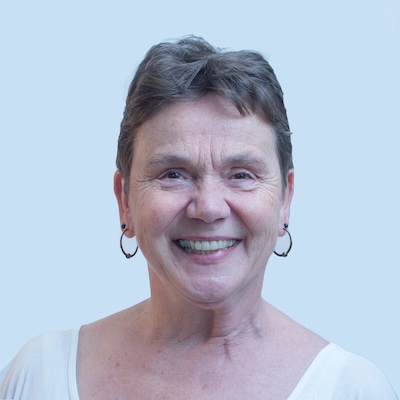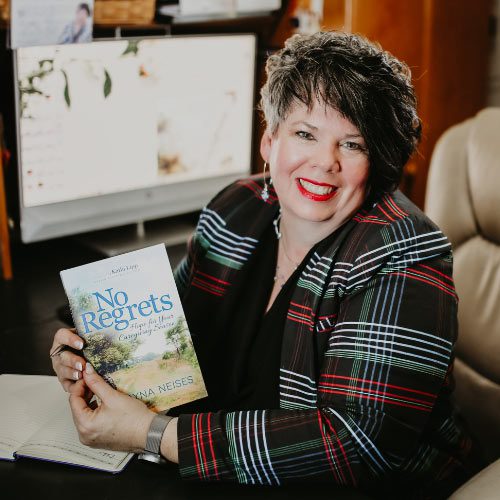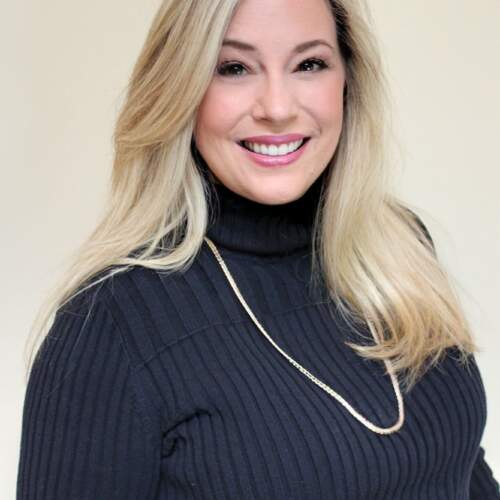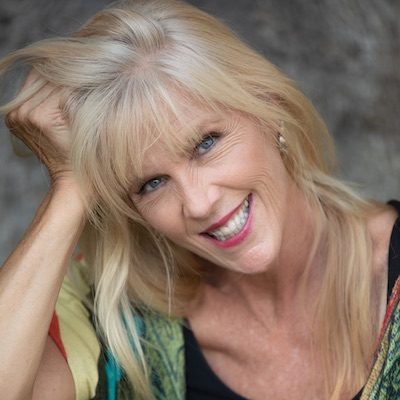Living on the Right Side of 40
When you think about life after 40, do you picture a glass as half-full or half-empty? What are some of the words that come to mind when you think of midlife? How do you feel when talking about midlife and Aging with others?
For me, I dreaded talking about aging. Every time I attended a cocktail party, I’d feel dread. That’s because I’d have to introduce myself, and every person I said to: “I’m an aging specialist,” inevitably developed a look of dread. Their eyes would dart around the room, looking for anyone to rescue them from the most boring person in the world. And I can’t blame them.
This is exactly how I felt about aging before I entered the field. After all, when I recently looked up “midlife” synonyms in the thesaurus, the output was “the wrong side of 40.” I didn’t know then that midlife and beyond is the right side of 40.
I gave a TEDx talk and asked the audience: “Imagine someone is showing you two stock portfolio options.” Then I showed them two pictures (see below). One has a sharp increase for roughly 20 years and then a slow, steady decline until it reaches zero.
Stock Option 1
The next has a steady increase that never declines for 100 years.
Stock Option 2
If you had to pick from one of these stock portfolios, which would you choose?
These portfolios are actually two aspects of our lifespan. But, I have a hunch you’d still choose life the same way you’d choose a stock portfolio option. If we revisit both photos, you’ll see why.
The first is our physical life. A sharp increase and then a steady decline. This is scary, and it is the way most people think of aging.
Physical Lifespan
The second is our emotional development. A steady increase and never a decline! And yes, you guessed it, that magical pivot point is after the dreaded number 40. It turns out we have so much to look forward to.
Emotional LIfespan
Did you know we can expect to be happier as we grow older?
Laura Carstensen, Professor of Psychology at Stanford University, highlighted this point in her 2011 TED talk. Her research team conducted a study and found that we feel more positive as we age. This is partly because we can better regulate our emotions and process conflicting emotions, allowing us to work through emotionally charged conflicts and view transgressions with compassion.
In 2016, Dilip Jeste, Professor of Psychiatry at UC San Diego, found that as we age, our Stress is lower than in our 20s. This research finding is counter to what so many people think. But, as Jeste points out, we become more capable of dealing with stress and handling it as we mature. We have a continuous linear improvement in our Mental Health as we grow older.
Did you know the phrase “Tis better to give than to receive” is actually true?
Our greatest meaning begins in later midlife with the stage that developmental psychologist Erik Erikson dubbed “Generativity.” We care for others without expecting anything in return, and we thrive in doing so. We have a built-in drive and enthusiasm to leave a Legacy and pass on our skills, values, and culture to the next generation.
This act of giving back makes us feel like our lives are more than just checking off boxes of accomplishments. As we pass the torch to the next generation, our lives take on more meaning, and our actions and Relationships hold more value. Northwestern University Professor Dan McAdams notes, “Our central psychosocial issue is to be of use to the next generation.” Research shows that more generative individuals tend to be better parents and are more involved in their communities. Generative people think beyond themselves and get pleasure from doing so.
In summary
We thrive in our ability to regulate our emotions, have meaningful connections, and leave a legacy that makes us feel productive and valued in midlife and beyond. Money cannot buy this, and material goods cannot replace this. It is often a wonderful surprise in midlife to realize that 40 is the great turning point, and life only gets more and more fulfilling as we cruise down it.
Originally Published on https://deborahheiserphd.substack.com/

























